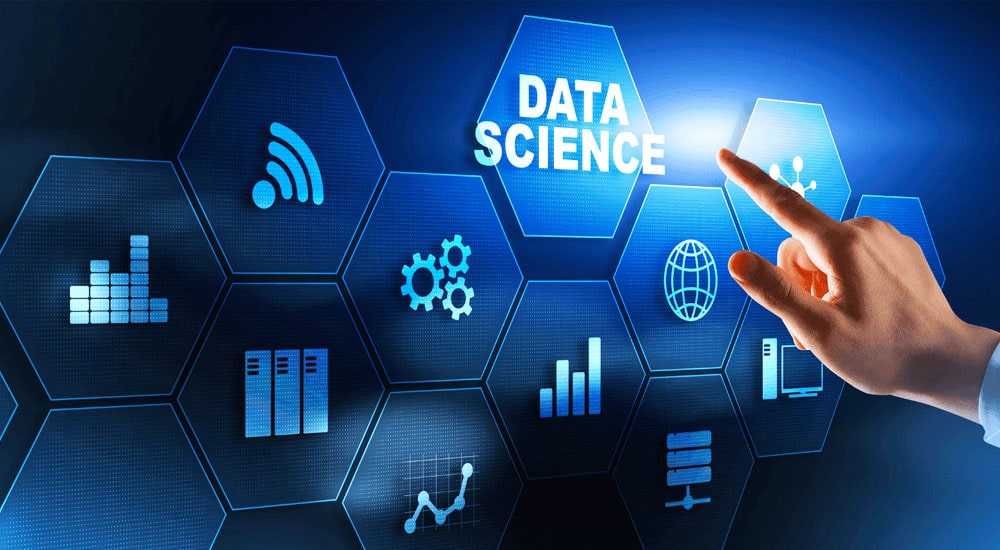
In today’s rapidly evolving field of data science, mastering various tools and techniques is crucial. SQL (Structured Query Language) remains a fundamental skill for data scientists, enabling efficient data extraction, manipulation, and transformation—essential steps in any data science workflow. While modern languages like Python and R are popular, SQL is key for managing large datasets in relational databases. This article explores SQL’s critical role in data science and its continued relevance. Additionally, it highlights how 360DigiTMG, a leading data science institute in Bangalore, helps professionals master SQL and other essential tools for success.
SQL in the Context of Data Science
SQL is the standard language for working with relational databases, which organize data in structured rows and columns. It plays a crucial role in retrieving, managing, and manipulating data efficiently. In data science, SQL is indispensable, as much of the data professionals analyze is stored in relational databases like MySQL, PostgreSQL, and SQL Server. SQL serves as the bridge between data scientists and the structured data they rely on. While Python and R offer strong data manipulation libraries, SQL remains the go-to tool for direct database queries, valued for its simplicity and efficiency.
Why SQL is Crucial for Data Scientists
1. Data Extraction and Exploration: The first step in any data science project is extracting relevant data. Most companies store their data in relational databases, and data scientists use SQL to query and extract that data for analysis. SQL’s querying capabilities allow data scientists to filter, sort, and aggregate data based on specific criteria quickly. Whether it’s retrieving customer data for a segmentation analysis or pulling sales data for forecasting, SQL makes the data retrieval process highly efficient.
2. Data Cleaning and Preparation: A significant part of a data scientist’s work involves cleaning and preparing data for analysis. SQL helps in performing tasks like removing duplicates, filling missing values, joining tables, and transforming data into a usable format. These data cleaning processes are crucial because raw data is rarely ready for analysis. By leveraging SQL, data scientists can organize, clean, and transform data, making it ready for machine learning algorithms or statistical modeling.
3. Data Aggregation: SQL is particularly powerful when it comes to data aggregation. Using functions like SUM(), AVG(), COUNT(), and GROUP BY, SQL enables data scientists to summarize large datasets quickly. Whether calculating average sales across regions or counting customers in different age groups, SQL’s aggregation functions allow for streamlined data summarization.
4. Efficiency with Large Datasets: One of the key advantages of SQL is its ability to handle large datasets efficiently. As the size of datasets grows, languages like Python and R may struggle with performance issues. SQL, on the other hand, is optimized for querying large relational databases. Its ability to work with massive datasets makes it the ideal choice for companies dealing with large amounts of structured data, like customer transactions or product inventories.
5. Collaboration with Data Engineers: In many organizations, data scientists work closely with data engineers, who are responsible for designing and maintaining the data infrastructure. Data engineers often use SQL to build databases, create pipelines, and manage the flow of data. For data scientists, having a working knowledge of SQL means they can collaborate more effectively with data engineers, ensuring that data extraction and analysis processes are seamless.
6. Integration with Other Tools: SQL doesn’t exist in isolation. It integrates well with other data science tools and languages like Python and R. Many data scientists use SQL to query data and then load it into Python or R for advanced analysis and machine learning. Libraries such as pandas allow users to run SQL queries within their Python environment, making SQL a complementary tool in the data science workflow. SQL’s flexibility and integration capabilities make it an essential part of modern data science.
7. SQL in Big Data Environments: SQL is not limited to traditional relational databases. Modern big data platforms like Hadoop (via HiveQL) and Spark SQL use SQL-like syntax to query large, distributed datasets. This means that SQL skills are transferable to big data environments, making them even more valuable. As businesses increasingly adopt cloud platforms and big data technologies like Google BigQuery and Amazon Redshift, the demand for SQL expertise continues to grow.
How 360DigiTMG in Bangalore Helps You Master SQL
Mastering SQL is essential for building a successful career in data science, and 360DigiTMG, a top data science training institute in Bangalore, offers comprehensive courses to help students and professionals acquire strong SQL skills. Their Data Science Certification Program covers SQL along with Python, machine learning, and data visualization, providing hands-on projects to ensure real-world application. Additionally, the Big Data and Data Engineering Course teaches students to query massive datasets using SQL in platforms like Hadoop and Spark, preparing them for the growing demand for big data technologies in today's industry.
Why 360DigiTMG?
360DigiTMG offers a hands-on learning experience through real-world projects, focusing on practical SQL applications to prepare students for the workplace. The courses are led by industry experts who provide valuable insights into current trends and best practices. Located in Bangalore, India’s tech hub, 360DigiTMG offers students access to networking and job opportunities in data science, AI, and big data. Their comprehensive curriculum covers SQL along with other essential tools like Python, machine learning, and data visualization, ensuring students are equipped with the skills needed for a successful data science career.
Conclusion
SQL is an essential skill for every data scientist, playing a key role in querying databases, preparing data for analysis, managing large datasets, and collaborating with data engineers. For aspiring data scientist course in bangalore, 360DigiTMG offers a comprehensive education that ensures mastery of SQL alongside other crucial data science tools. Whether you're starting your career or seeking to enhance your skills, 360DigiTMG equips you with the knowledge and hands-on experience to thrive in the competitive field of data science. With SQL, you'll be ready to tackle real-world data challenges, making you a valuable asset in any data-driven organization.





